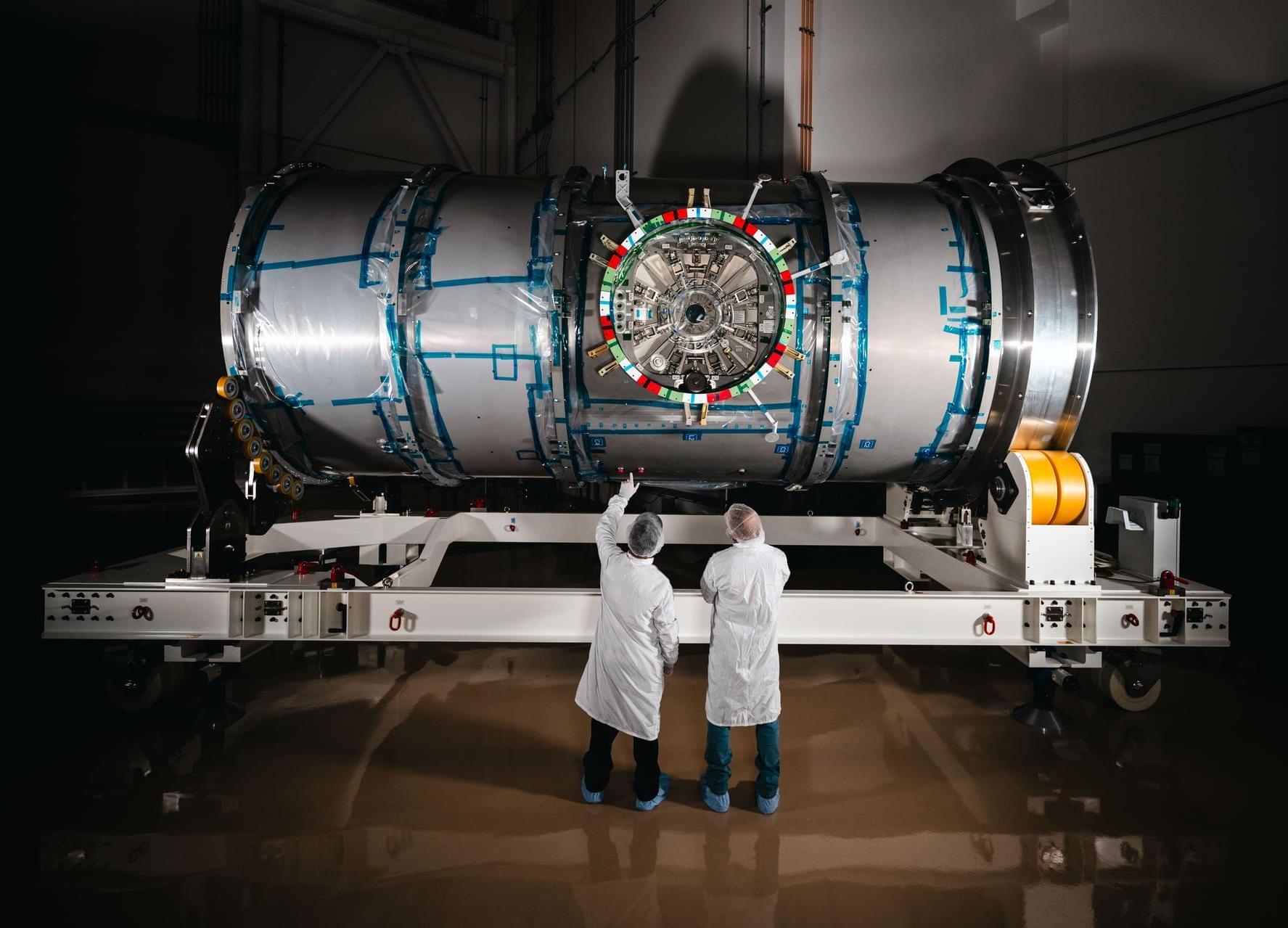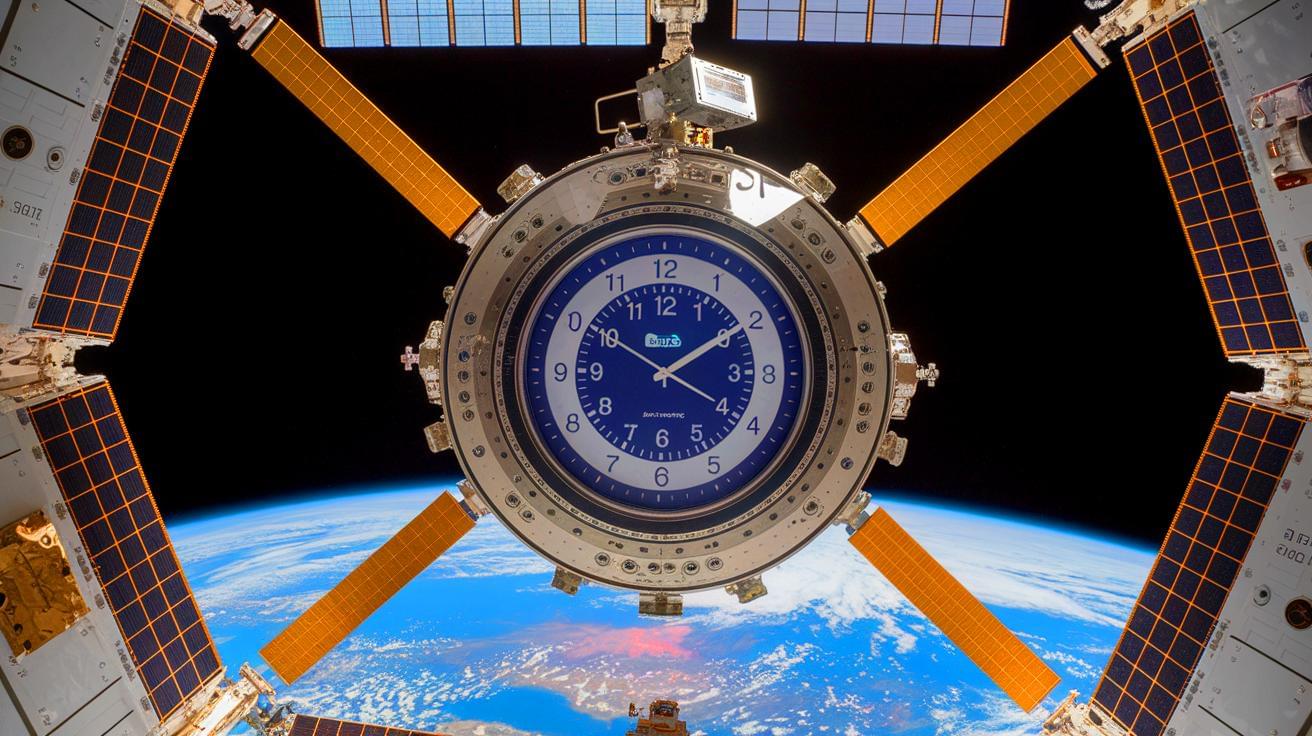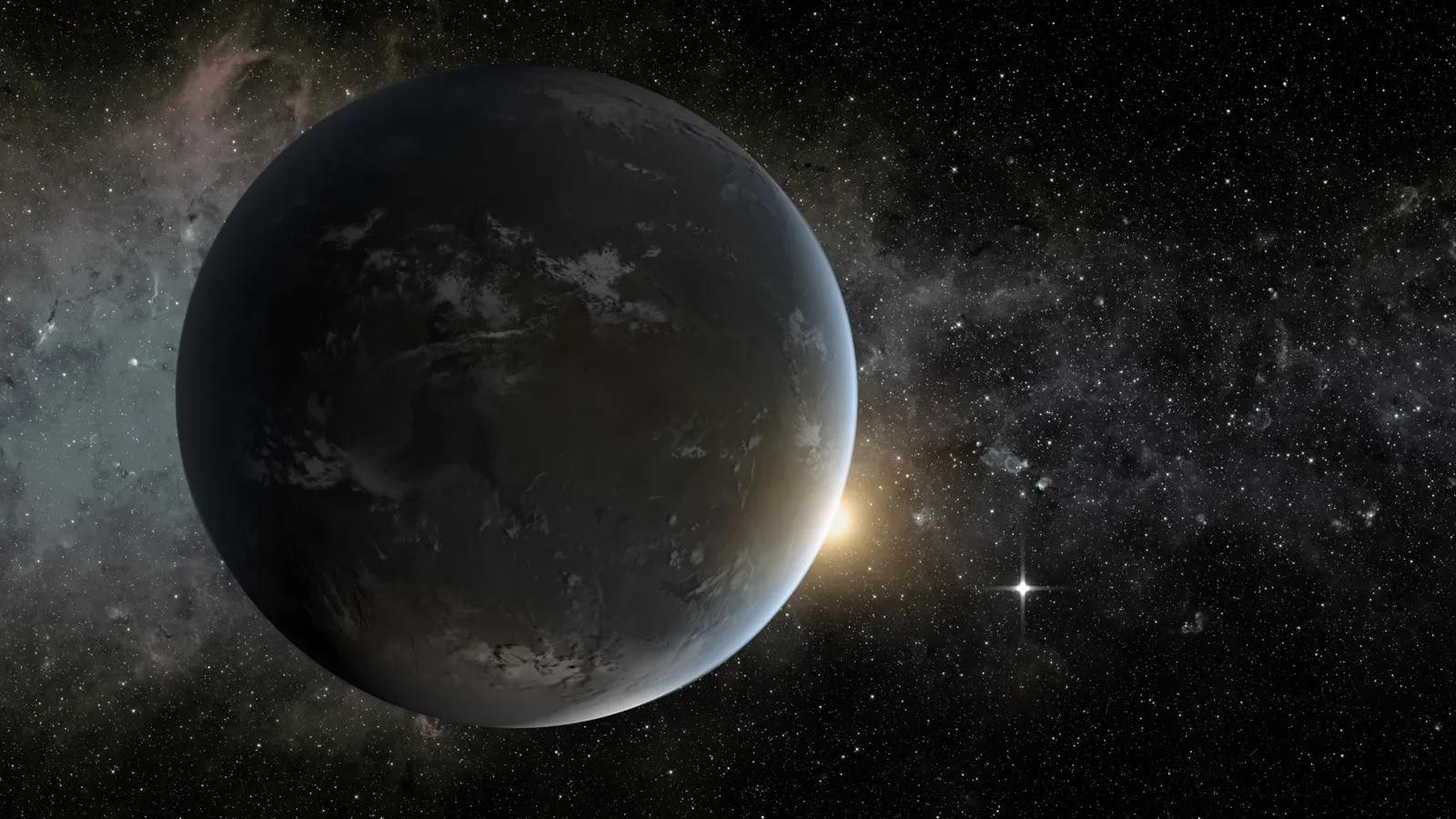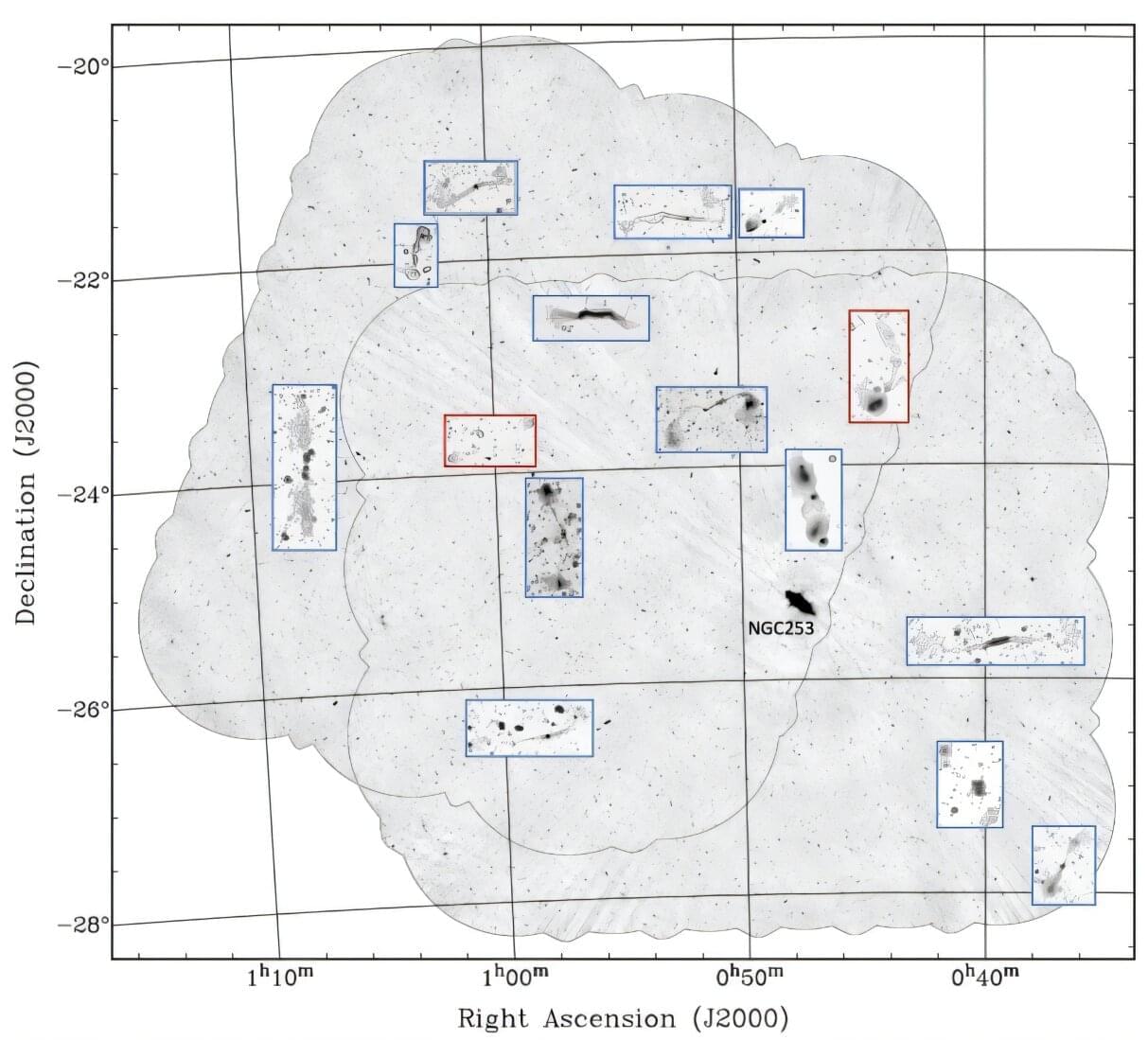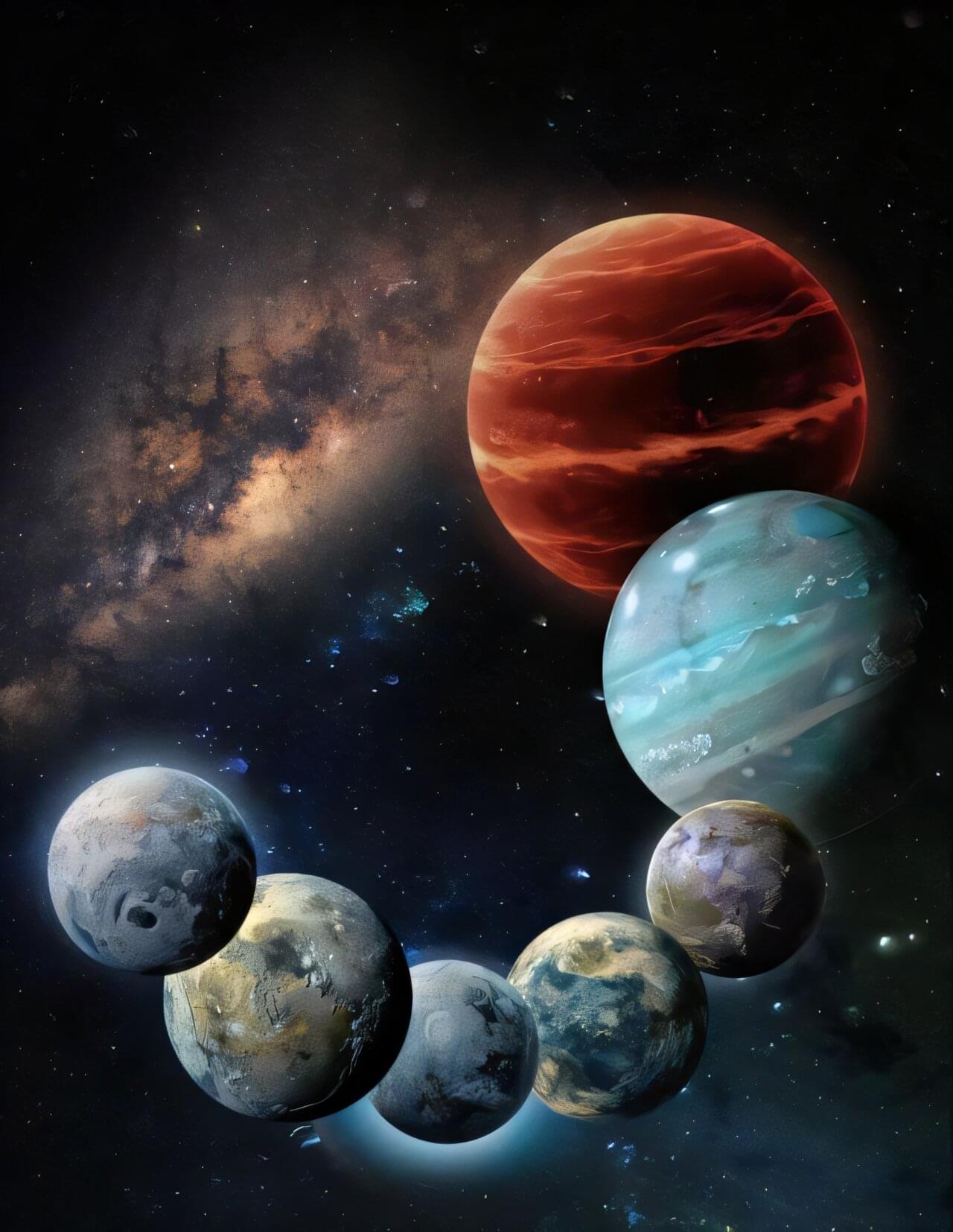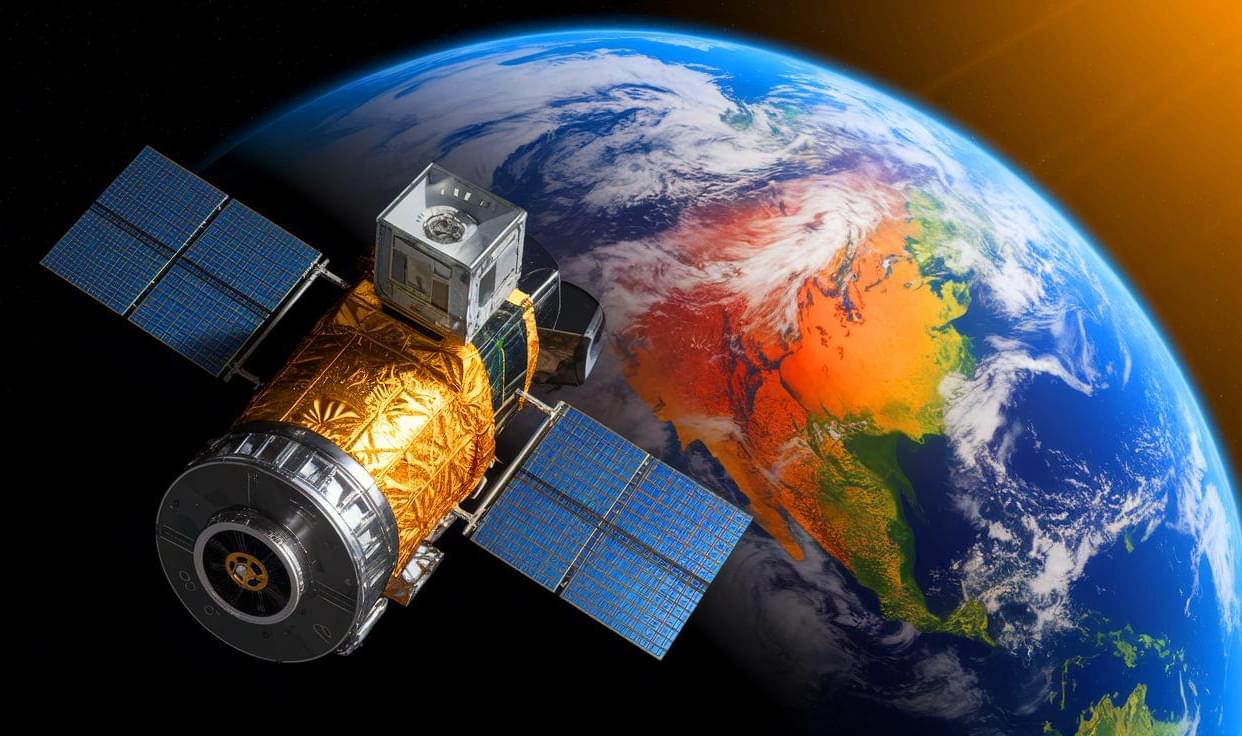NASA continues to mark progress on plans to work with commercial and international partners as part of the Gateway program. The primary structure of HALO (Habitation and Logistics Outpost) arrived at Northrop Grumman’s facility in Gilbert, Arizona, where it will undergo final outfitting and verification testing.
HALO will provide Artemis astronauts with space to live, work, and conduct scientific research. The habitation module will be equipped with essential systems including command and control, data handling, energy storage, power distribution, and thermal regulation.
Following HALO’s arrival on April 1 from Thales Alenia Space in Turin, Italy, where it was assembled, NASA and Northrop Grumman hosted an April 24 event to acknowledge the milestone, and the module’s significance to lunar exploration. The event opened with remarks by representatives from Northrop Grumman and NASA, including NASA’s Acting Associate Administrator for Exploration Systems Development Lori Glaze, Gateway Program Manager Jon Olansen, and NASA astronaut Randy Bresnik. Event attendees, including Senior Advisor to the NASA Administrator Todd Ericson, elected officials, and local industry and academic leaders, viewed HALO and virtual reality demonstrations during a tour of the facilities.
